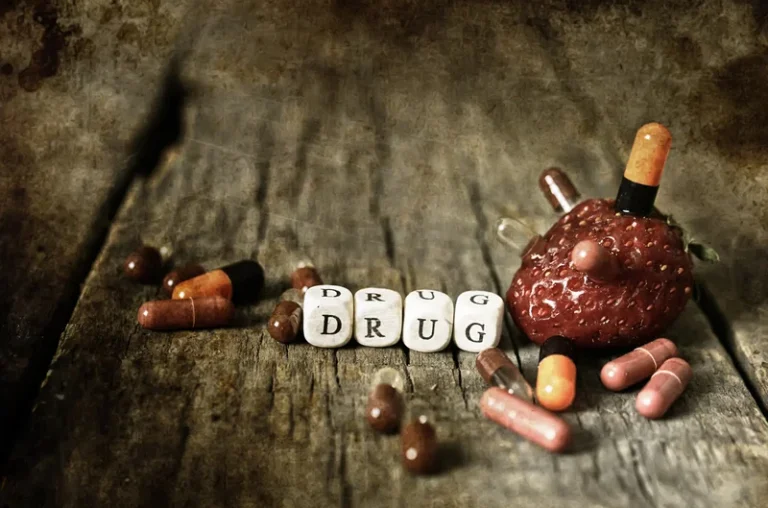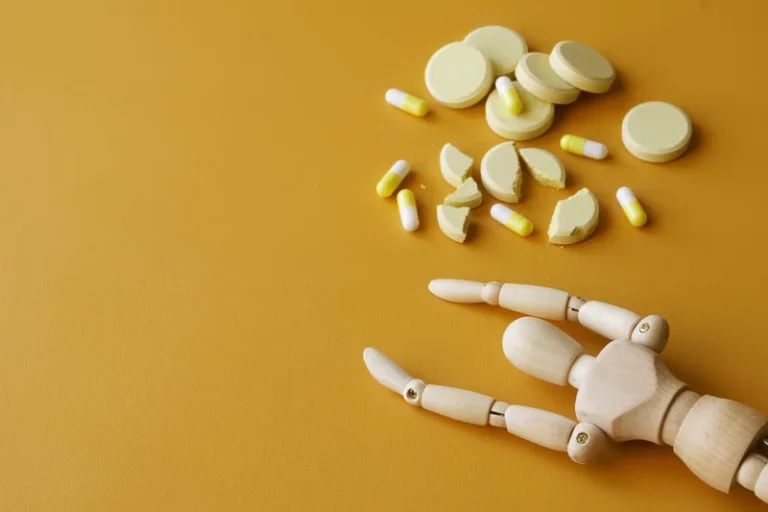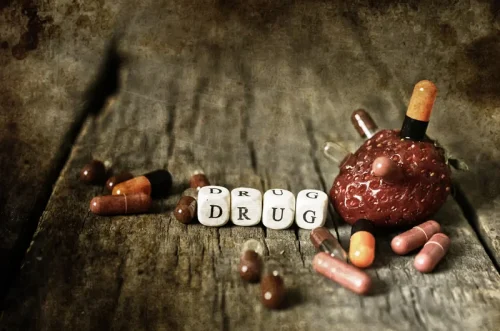
Let’s face it, the United States is fighting an extreme culture war within itself stoked by division and anger. Much of that division and anger is due to the injustice that so many people experience. In a perfect world, all adults would be responsible and mature enough to Alcoholics Anonymous handle the great challenge of raising happy, healthy children. Please also note that at times, for us to refer you to an appropriate service we may need to share your data with a third-party, such as a rehab providers that we work with. All your information will be kept confidential and any third party we engage with has a duty to protect your personal data to the same standards that we do. We will only do this with your permission, and we will inform you before we do so.
- Educate yourself about the disease, develop healthy coping strategies through your own therapy, and start to rebuild trust and communication within the family.
- For some individuals, professional help may be necessary to address mean drunk behavior effectively.
- If you or a loved one is struggling with alcoholism, contact FHE Health today and get on the road to recovery.
- Moreover, alcohol alters the delicate balance of neurotransmitters in the brain.
- As a result, some experience anxiety as they look back on the events of the night before.
Why Are Alcoholics Mean To Loved Ones?

Heavy drinkers can experience severe and sometimes life threatening symptoms when reducing alcohol intake, so it’s important to have medical support. Anger expression may also be confused with aggression or hostility, two consequences of drinking commonly cited in research. It’s common for alcohol and anger to be stereotypically lumped together, but many people labeled “angry” while drinking may actually be experiencing aggression or hostility. It’s no secret that healthcare costs skyrocket for those frequently engaged in aggressive drunken behavior due to injuries or chronic health conditions stemming from excessive drinking. Moreover, productivity loss at workplaces is another major blow as employees grappling with such issues either miss work frequently or underperform. The influence of alcohol on emotional regulation is complex and varies greatly among individuals but now we’ve got some insights into why folks react so differently under its sway.
Examples of Stimming: A Closer Look at This Common Behavior
That common sentiment speaks of so much negativity on the surface. Everyone, everyone, will know suffering at some point in their life. Everything from the carton of eggs at the grocery store to preventative alcoholic rage syndrome healthcare seems massively overpriced and unattainable for too many people.

Long-Term Support

These programs offer support and strategies to manage both your anger and your drinking. Another reason why some people who drink alcohol excessively get angry is due to the cognitive functioning impairment caused by alcohol. Alcohol affects the areas of the brain that control balance, memory, speech and judgement. Learning the root causes of your AUD and identifying the triggers for your anger is a healthy and necessary process. It’s when you can identify what’s wrong that you can begin to heal from it.

- Anxiety occurs in addition to the typical health risks, which range from risky behaviors to weight gain, liver damage, and other physical effects.
- We’ll also be exploring some ways that you can stop feeling angry when you drink alcohol.
- People spend years in therapy and in treatment for issues of their own that are caused by the consequences of this behavior.
- Spouses walk on eggshells, always trying to avoid setting off the next angry outburst, or worse, physical attack.
- Find the parts of you that have been lost along the way when you experience our secluded safe haven of rehabilitation.
- If drinking causes a blackout, you may not even remember being aggressive unless someone reminds you about it.
- In addition to receiving guidance from experienced professionals, support groups are effective for building relationships.
We think of “being present” as a positive trait in our society. People who tend to ignore tomorrow’s consequences may be more likely to aggressively act out when they are intoxicated and in a situation that is aggravating to them. Peter Giancola, a professor of psychology at the University of Kentucky, co-authored the paper with Bushman and led the experiments used in the OSU study which support Bushman’s argument. Though drinking can temporarily blunt feelings of anxiety, this isn’t a suitable method to manage anxiety (or any mental health condition). It can lead to dangerous health effects and make symptoms worse. Quitting alcohol can prevent anxiety and give you the space to develop healthy means of managing your condition.
Reasons You Wake Up Angry, According To Psychology
These effects contribute to day-after dread, even if you don’t have an anxiety disorder diagnosis. How long this anxiety (and other hangover symptoms) lasts depends on factors like how much you’ve consumed, your assigned sex at birth, and your weight. Binge drinking in a setting with others who are also intoxicated can lead to competitive or confrontational situations. Peer pressure and social norms can sometimes encourage aggressive behavior. Alcohol changes the levels of this brain chemical, which can influence your mood and emotions.
